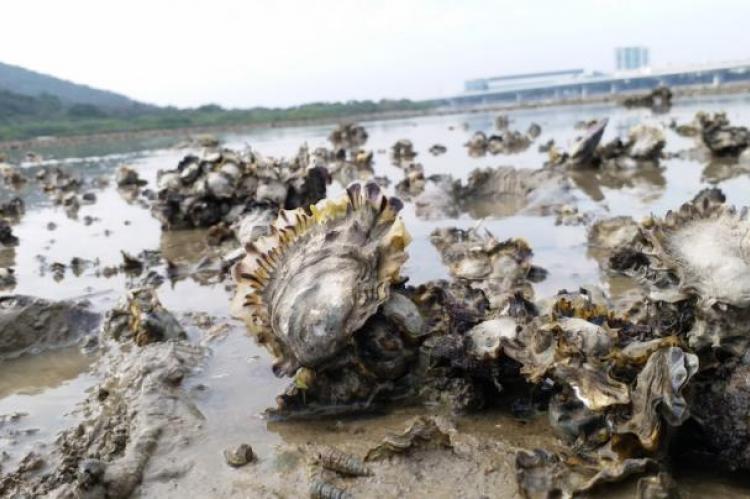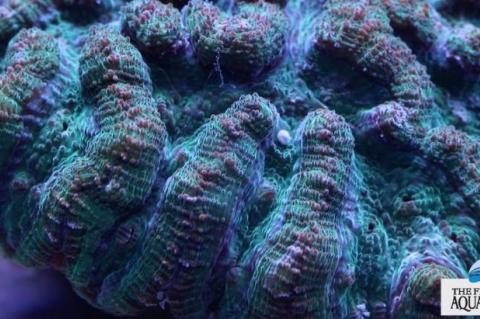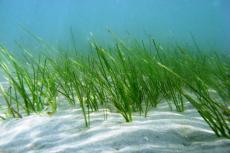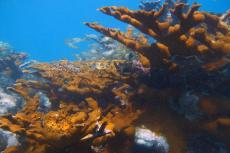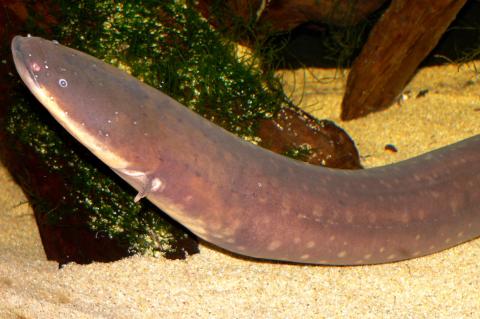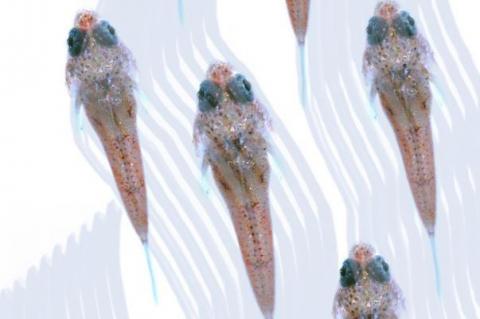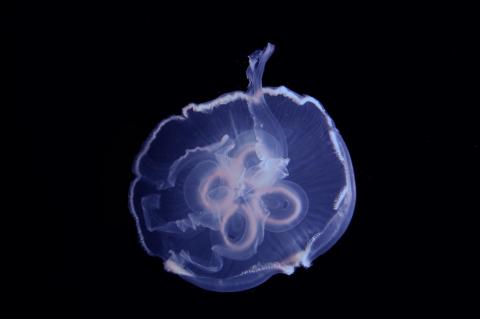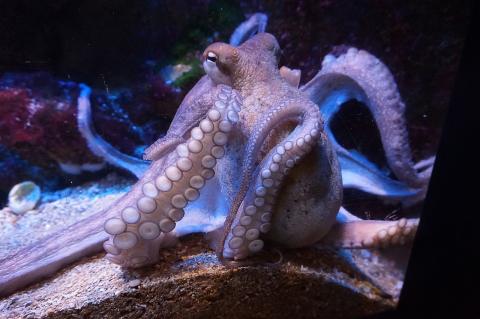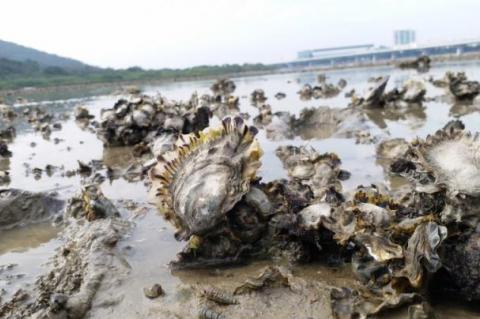Why restore Hong Kong's lost oyster reefs?
A paper published in the journal Restoration Ecology highlights the environmental benefits of restoring lost oyster reefs. And no, it isn’t referring to its gastronomical benefits.
Research jointly conducted by The Swire Institute of Marine Science (SWIMS), Faculty of Science, The University of Hong Kong (HKU), and The Nature Conservancy (TNC) emphasises the importance of oyster reefs in mitigating some problems associated with coastal development, like storm-surge damage and biodiversity loss.
It was found that healthy oyster reefs act as natural water purifiers. A Hong Kong oyster reef measuring seven square metres can filter up to one Olympic-sized swimming pool of water daily. One Hong Kong oyster (Crassostrea hongkongensis) being able to filter up to 30 litres of water per hour at summer temperatures—one of the highest filtration rates record of any oyster species.
Oyster reefs also serve as habitat and nursery grounds for many native species in Hong Kong shores. Another SWIMS study conducted in partnership with TNC revealed that these reefs house six times more species than bare muddy shores. It found more than 80 species on intertidal muddy shores in Deep Bay, 95 percent of which were found in oyster reefs, and almost 60 percent of which were exclusively found in those reefs.
Yet another benefit, commercially and recreationally, is the increase of the fish and crab population. Incidentally, the latest research has identified a small crab previously not seen in Hong Kong before, thus emphasising how under-studied the ecosystem was.
In addition, successful restoration of its oyster reefs means that Hong Kong can serve as a model showcasing environmental and societal benefits of ecological restoration in the region.
The researchers also discovered that the natural recruitment of oysters in Hong Kong is high, so restoration can be achieved without using hatchery-reared oysters. "We think that this recruitment is because traditional oyster farming in the Pearl River Delta has maintained populations of native oysters in the system in spite of the loss of oyster reefs and these farms could potentially act as a source of larvae," said Dr Bayden D Russell, an Associate Director of SWIMS and Associate Professor in the Research Division for Ecology and Biodiversity, HKU.
However, amid all this positive news, the future of oyster beds in Hong Kong remains bleak. “Shellfish habitats are still severely under protected in Hong Kong, with very little public awareness of their ecological value. Wild harvesting is a huge problem—as soon as oysters or mussels are big enough to eat, someone will harvest them,” said Marine Thomas, Conservation Project Manager, for TNC in Hong Kong.
We are working with Government on gaining more protection and recognition for these important ecosystems and hope to include them in the next Hong Kong Biodiversity Strategy and Action Plan (BSAP)," she added.


